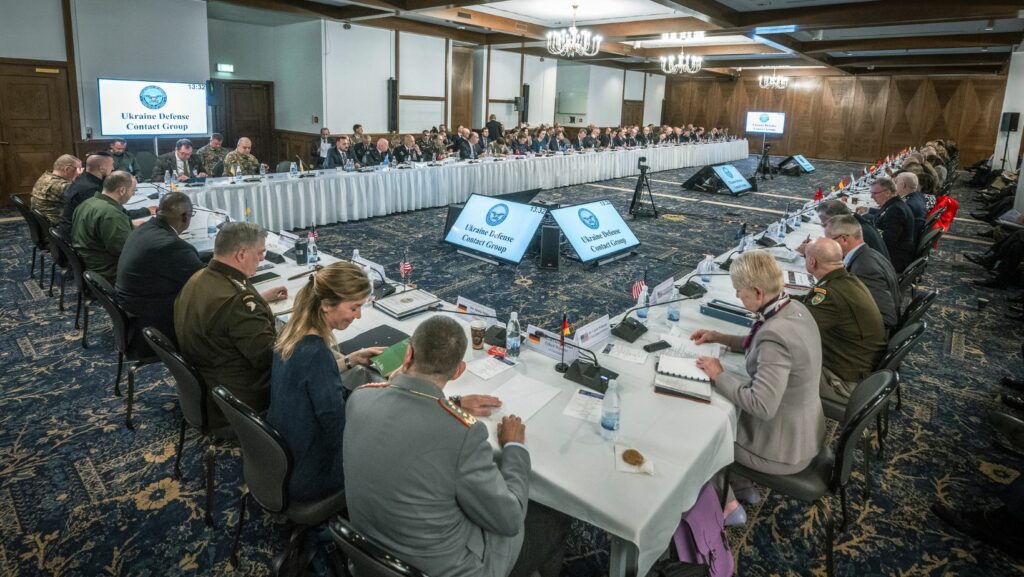
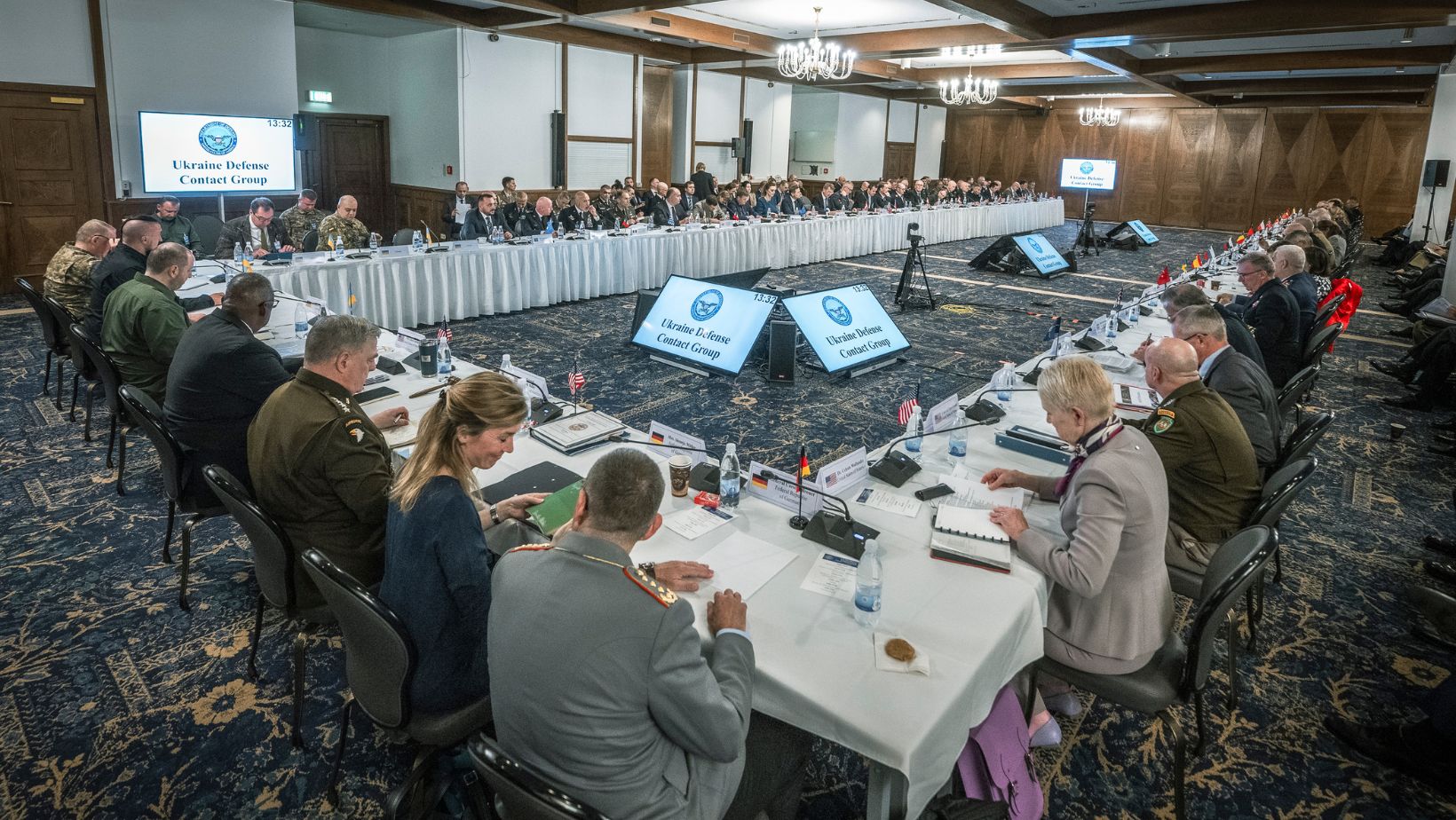
In the complex world of international relations, defense meetings among ministers play a pivotal role. These high-stakes gatherings serve as platforms for cooperation, fostering mutual understanding and strategic alliances.
This article delves into the intricacies of such collaborations, spotlighting the unique dynamics that shape these defense meetings. It’s a must-read for those keen on understanding the mechanisms of international diplomacy and defense cooperation.
Stay tuned as we unravel the behind-the-scenes of these ministerial meetings, their significance, and the impact they have on global defense strategies. The world of international defense cooperation is about to unfold right before your eyes.
Kerjasama Yang Diadakan Para Menteri Pada Pertemuan Defence Ministers Meeting ADMM Membahas Bidang
The Origin and Purpose of the Cooperation
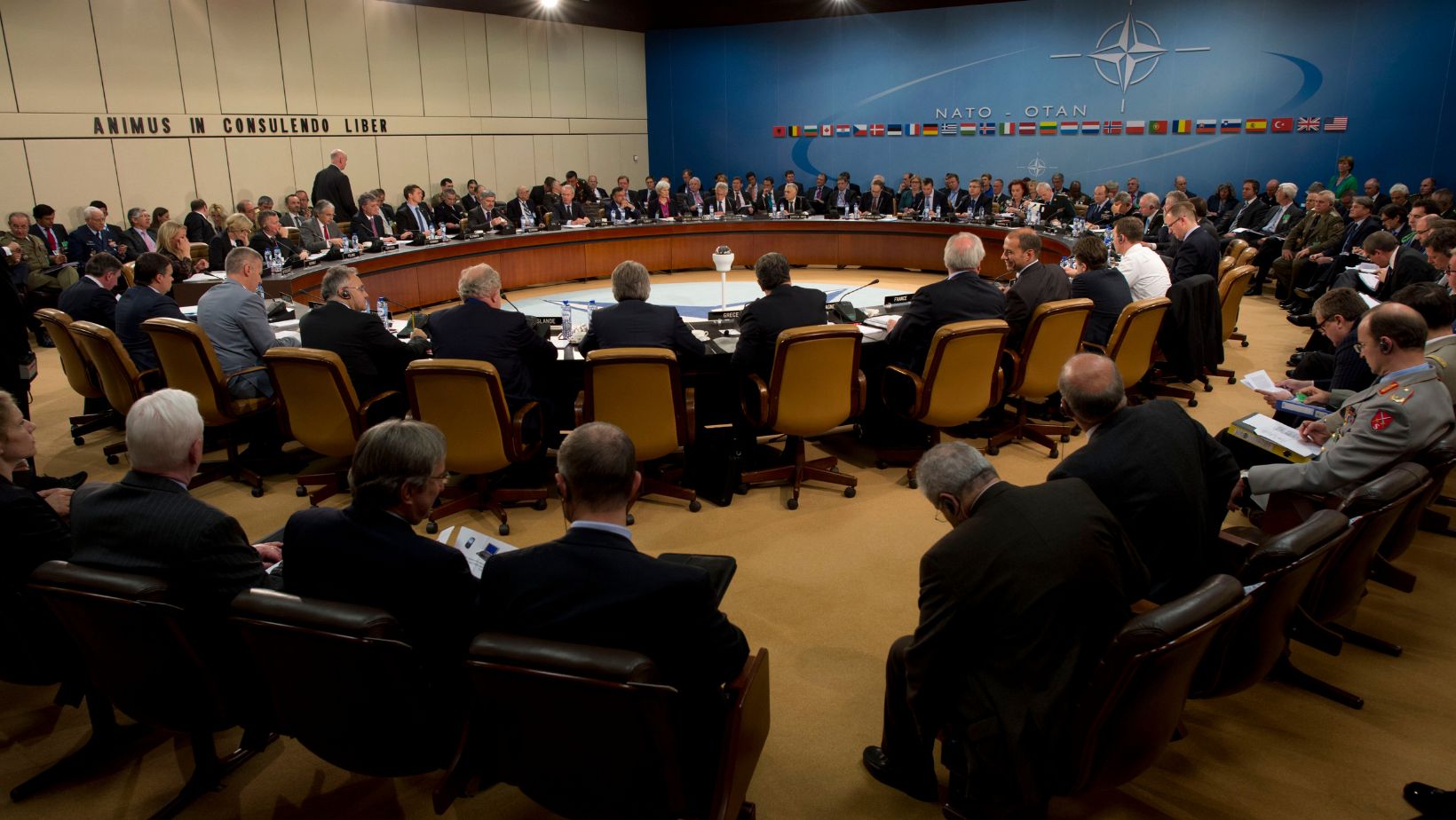 History tells us that defense cooperation often originates from perceived common threats or strategic interests — it’s the backbone of alliances such as NATO. In the case of Kerjasama Yang Diadakan Para Menteri Pada Pertemuan Defence Ministers Meeting ADMM Membahas Bidang, the cooperation transpires from similar motives. Ministers, representing different nations, converge on common ground, attempting to fortify mutual defense strategies while addressing shared security issues.
History tells us that defense cooperation often originates from perceived common threats or strategic interests — it’s the backbone of alliances such as NATO. In the case of Kerjasama Yang Diadakan Para Menteri Pada Pertemuan Defence Ministers Meeting ADMM Membahas Bidang, the cooperation transpires from similar motives. Ministers, representing different nations, converge on common ground, attempting to fortify mutual defense strategies while addressing shared security issues.
T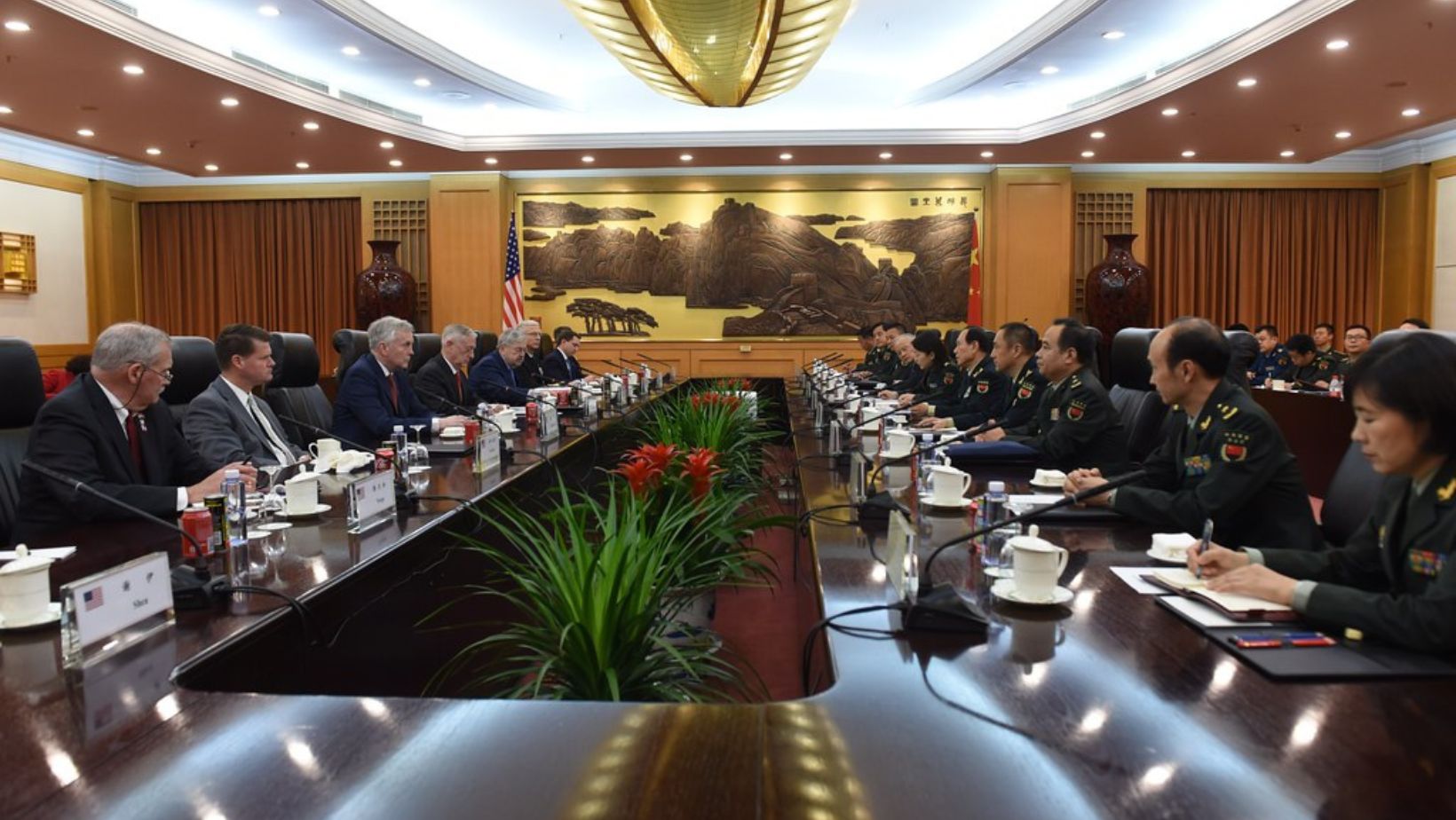 his cooperation aims to formulate, refine, and often resets defense policies collectively. It fosters an open exchange of information, promoting intelligence sharing and preventive diplomacy — invaluable in preventing potential conflicts. Ultimately, this mutual collaboration aims to not only defend states’ collective interests but also work towards creating a safer, more stable international environment.
his cooperation aims to formulate, refine, and often resets defense policies collectively. It fosters an open exchange of information, promoting intelligence sharing and preventive diplomacy — invaluable in preventing potential conflicts. Ultimately, this mutual collaboration aims to not only defend states’ collective interests but also work towards creating a safer, more stable international environment.
A Brief History of ‘Pertemuan Defence’
The ‘Pertemuan Defence’ concept has its roots in the aftermath of world conflicts which led to an increased emphasis on global security. Over the years, defense meetings have become a staple in international diplomacy calendars, with more recognition of its influence on geopolitics.
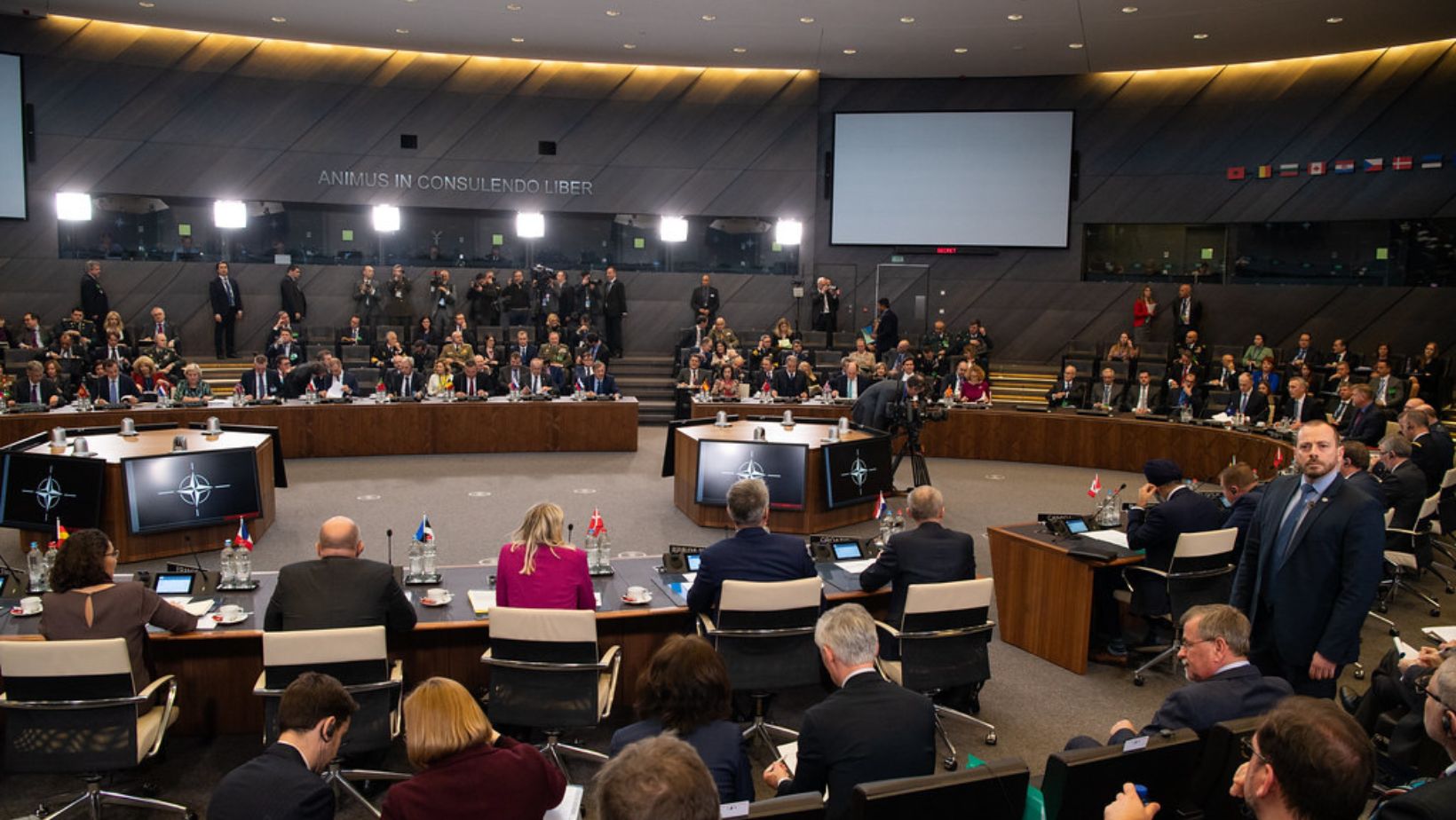 These gatherings have shaped many critical turns in history, like the onset of the Cold War, democratic evolutions, and shifts in power balances. The impact of ‘Pertemuan Defence’ meetings is not only felt in state-level politics. Their ripple effects influence global defense strategies, alliances formation, and peacekeeping movements, impacting everyone’s daily lives. Predominantly, ‘Pertemuan Defence’ meetings have emerged only stronger with each passing decade, underlining their undiminished relevance in the world affairs spectrum.
These gatherings have shaped many critical turns in history, like the onset of the Cold War, democratic evolutions, and shifts in power balances. The impact of ‘Pertemuan Defence’ meetings is not only felt in state-level politics. Their ripple effects influence global defense strategies, alliances formation, and peacekeeping movements, impacting everyone’s daily lives. Predominantly, ‘Pertemuan Defence’ meetings have emerged only stronger with each passing decade, underlining their undiminished relevance in the world affairs spectrum.
An Overview of the Defence Cooperation
Delving deeper into the intricacies of the Kerjasama Yang Diadakan Para Menteri Pada Pertemuan Defence Ministers Meeting ADMM Membahas Bidang, helps uncover its underlying layers. Inherent in the mechanism, layers of importance reveal the operations that transform the defense diplomacy landscape.
Why It’s More Important Than Ever
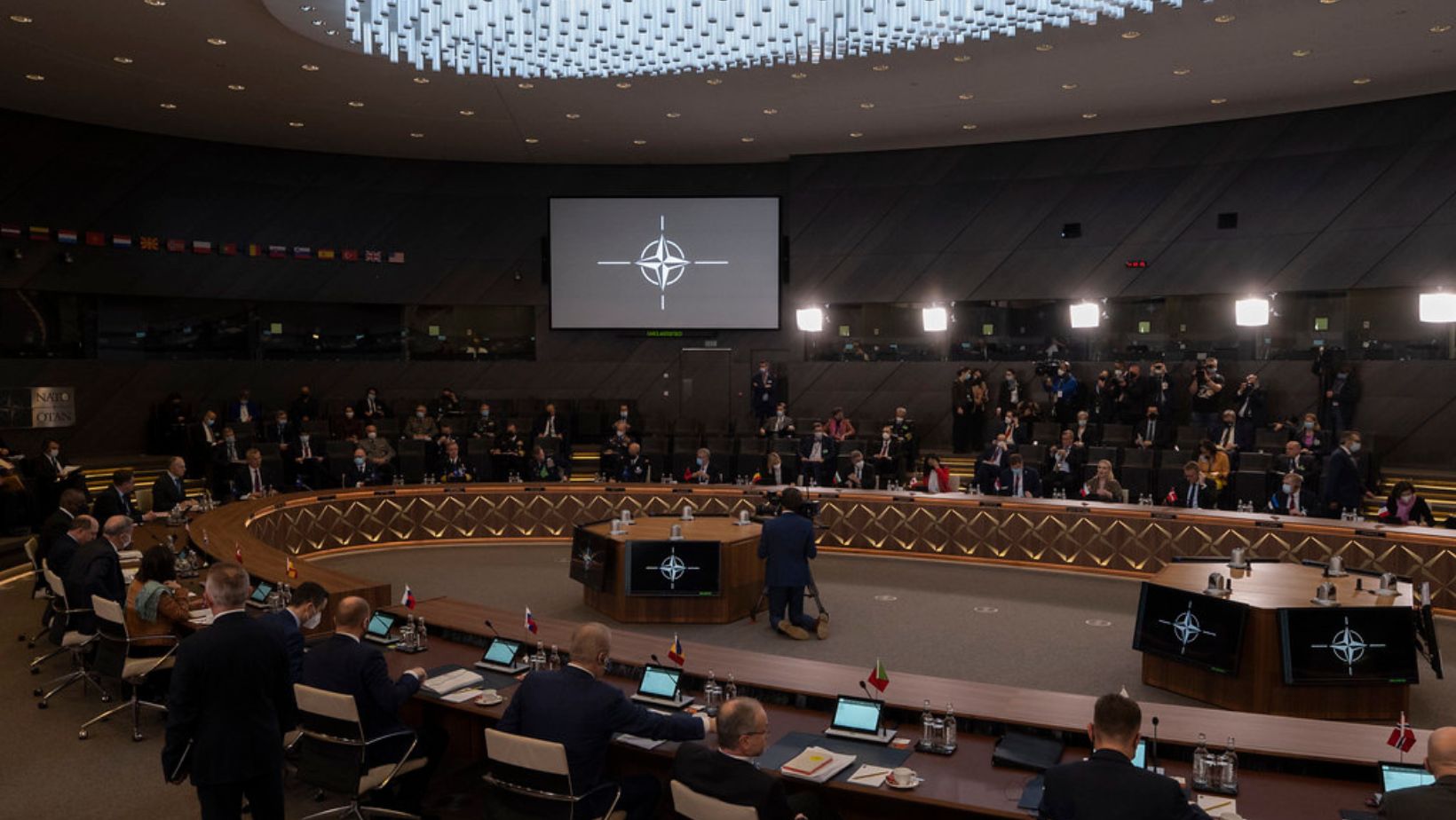 Echoing the call of emerging challenges, the significance of the Defence Cooperation amplifies. An escalation of transnational threats, from cyber security breaches to international terrorism incidents, urges for robust and united responses. Nations confront these challenges collectively rather than individually. Cyber threats, for instance, require complex preparations, and tackling them in isolation is impractical. A breach in one nation’s cyber defense invariably affects its allies, given the interconnected nature of technology. Therefore, collective efforts, as prioritized by the Defence Cooperation, are sine qua non.
Echoing the call of emerging challenges, the significance of the Defence Cooperation amplifies. An escalation of transnational threats, from cyber security breaches to international terrorism incidents, urges for robust and united responses. Nations confront these challenges collectively rather than individually. Cyber threats, for instance, require complex preparations, and tackling them in isolation is impractical. A breach in one nation’s cyber defense invariably affects its allies, given the interconnected nature of technology. Therefore, collective efforts, as prioritized by the Defence Cooperation, are sine qua non.
Further strengthening the Cooperation’s importance is an increasingly intricate geopolitical environment. Regional power dynamics, conflict escalations, and peace negotiations necessitate defense cooperation. As an integral piece of this puzzle, the ministers’ meetings bear the onus of shaping and directing these discussions.
The Ministers Involved in the Cooperation
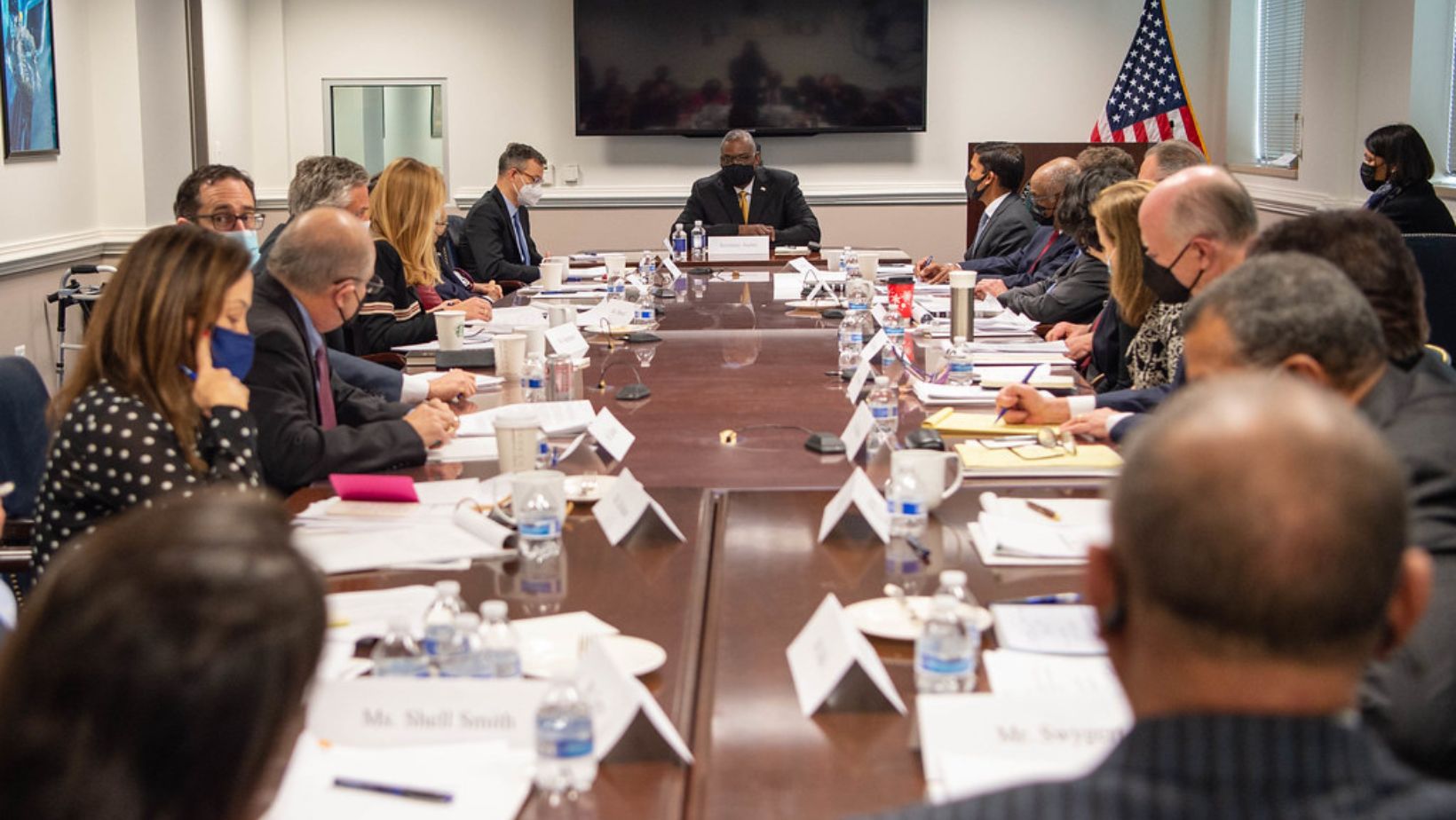 Integral to this Defence Cooperation are the ministers who partake in the collaborative efforts. Respective defense ministers from nations around the world converge to form a collective front. They provide the required leadership, drawing from their vast knowledge and experience, shaping the outcomes of the cooperation.
Integral to this Defence Cooperation are the ministers who partake in the collaborative efforts. Respective defense ministers from nations around the world converge to form a collective front. They provide the required leadership, drawing from their vast knowledge and experience, shaping the outcomes of the cooperation.
For instance, the ministers from powerhouse countries like the United States, the United Kingdom, Russia, and China play a key role in the meetings. Their decisions significantly influence global defense strategies and directions. On the other hand, representation from smaller nations takes center stage in ensuring balanced discussions, bringing diversified perspectives, and creating a fair negotiation environment.
The Successful Outcomes of Previous Defence Meetings
In the arena of international relations, Defence Meetings have produced significant results, notably agreements that play a major role in enhancing global security. Examining these outcomes provides a deeper understanding of the essence of these meetings.
Examples of Successful Defence Agreements
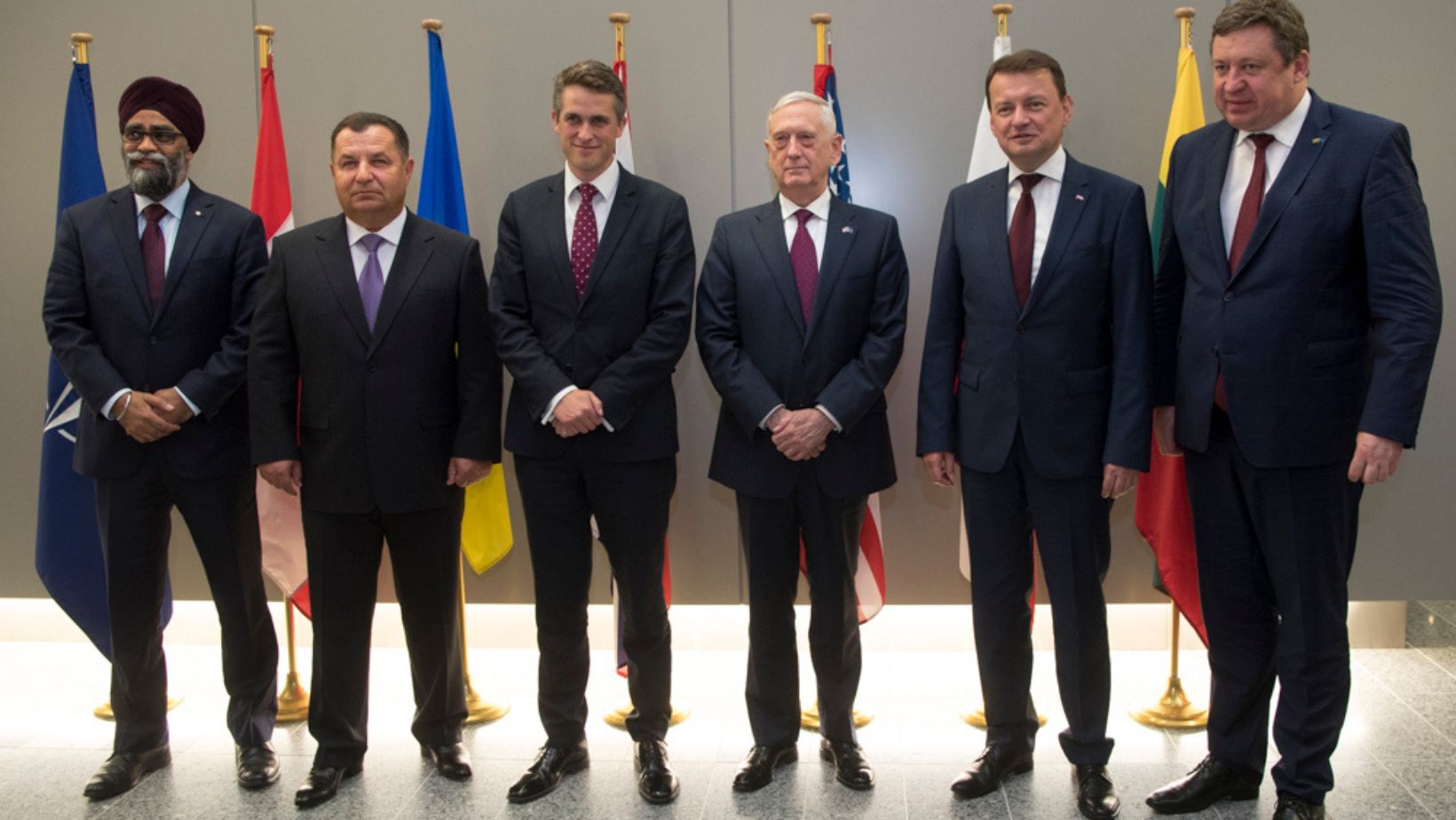 Various defence meetings have led to consequential agreements. For instance, the Strategic Arms Reduction Treaty was a product of such a meeting, a historic pact signed by the US and USSR, offering an example that advocate for reduced nuclear arms. Inked in 1991, START led to a collective decrease in nuclear warheads by 80% within a decade.
Various defence meetings have led to consequential agreements. For instance, the Strategic Arms Reduction Treaty was a product of such a meeting, a historic pact signed by the US and USSR, offering an example that advocate for reduced nuclear arms. Inked in 1991, START led to a collective decrease in nuclear warheads by 80% within a decade.
The New Strategic Arms Reduction Treaty (New START), is another development. Signed in 2010 by the US and Russia, New START offers a template for mutual commitment to nuclear arms reduction.
The Impact of these Agreements on National Security
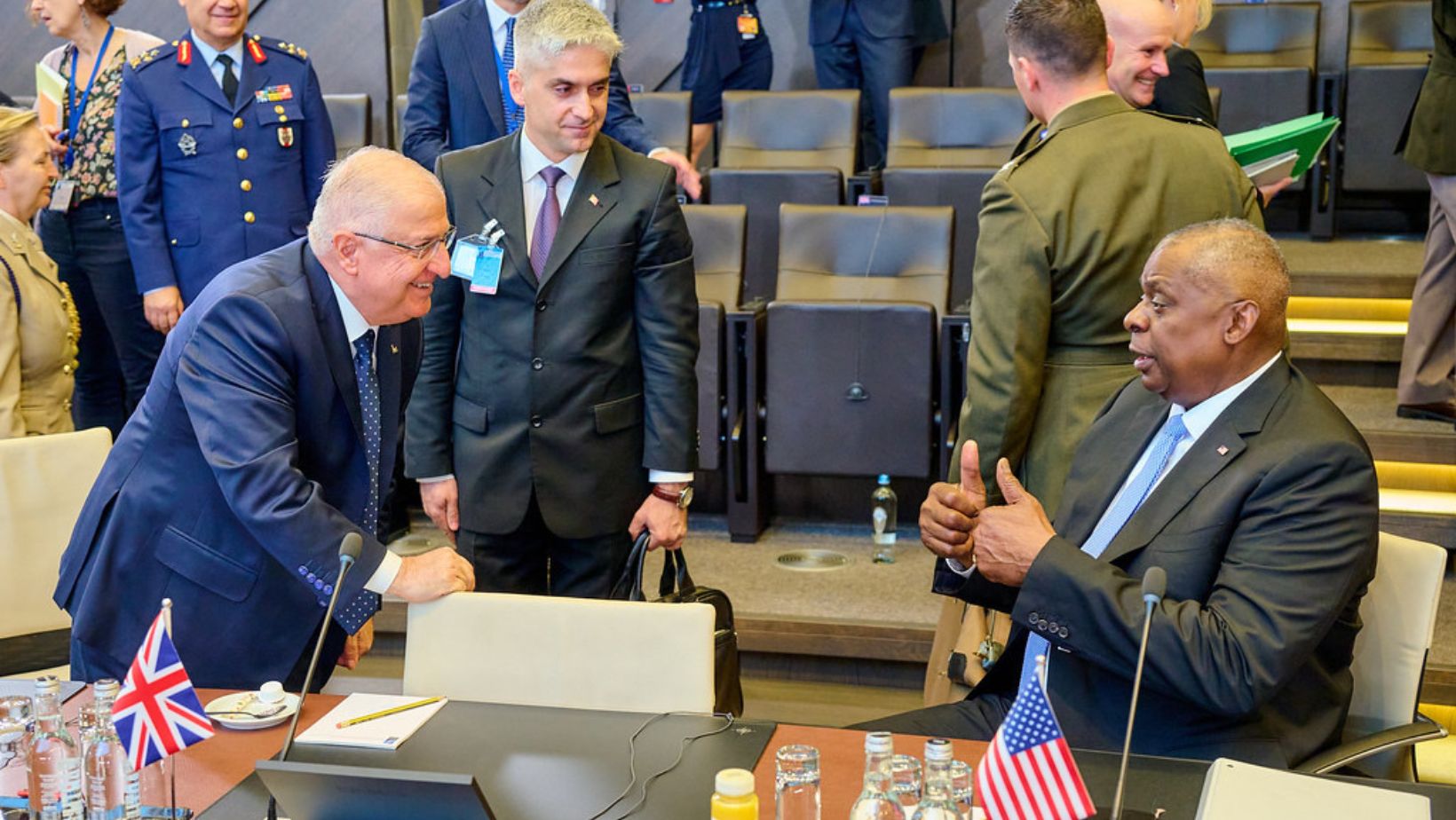 Achievements from Defence Meetings directly shape global and national security. Strategic pacts like START and New START have markedly de-escalated nuclear threats, contributing to a more secure international environment. The decrease in nuclear volume means fewer potential targets, leading to an elevated level of safety for nations.
Achievements from Defence Meetings directly shape global and national security. Strategic pacts like START and New START have markedly de-escalated nuclear threats, contributing to a more secure international environment. The decrease in nuclear volume means fewer potential targets, leading to an elevated level of safety for nations.
Similarly, agreements like the Paris Call significantly bolster digital security, safeguarding the critical infrastructure of nations and their digital space operations. The pact’s adoption showcases how defence Pacts can lead nations to address contemporary security challenges in a cohesive, unified manner. Thus, fostering a sense of global security and cooperation.
Challenges and Critiques Faced by the Defence Cooperation
Defence cooperation among various nations, while instrumental in promoting global security, often encounters several challenges and critiques. From the way it is established to the comprehensive implementation of its policies, the defence meetings among ministers – ‘Kerjasama yang Diadakan Para Menteri pada Pertemuan Defence’, grapple with numerous issues.
Addressing Common Criticisms
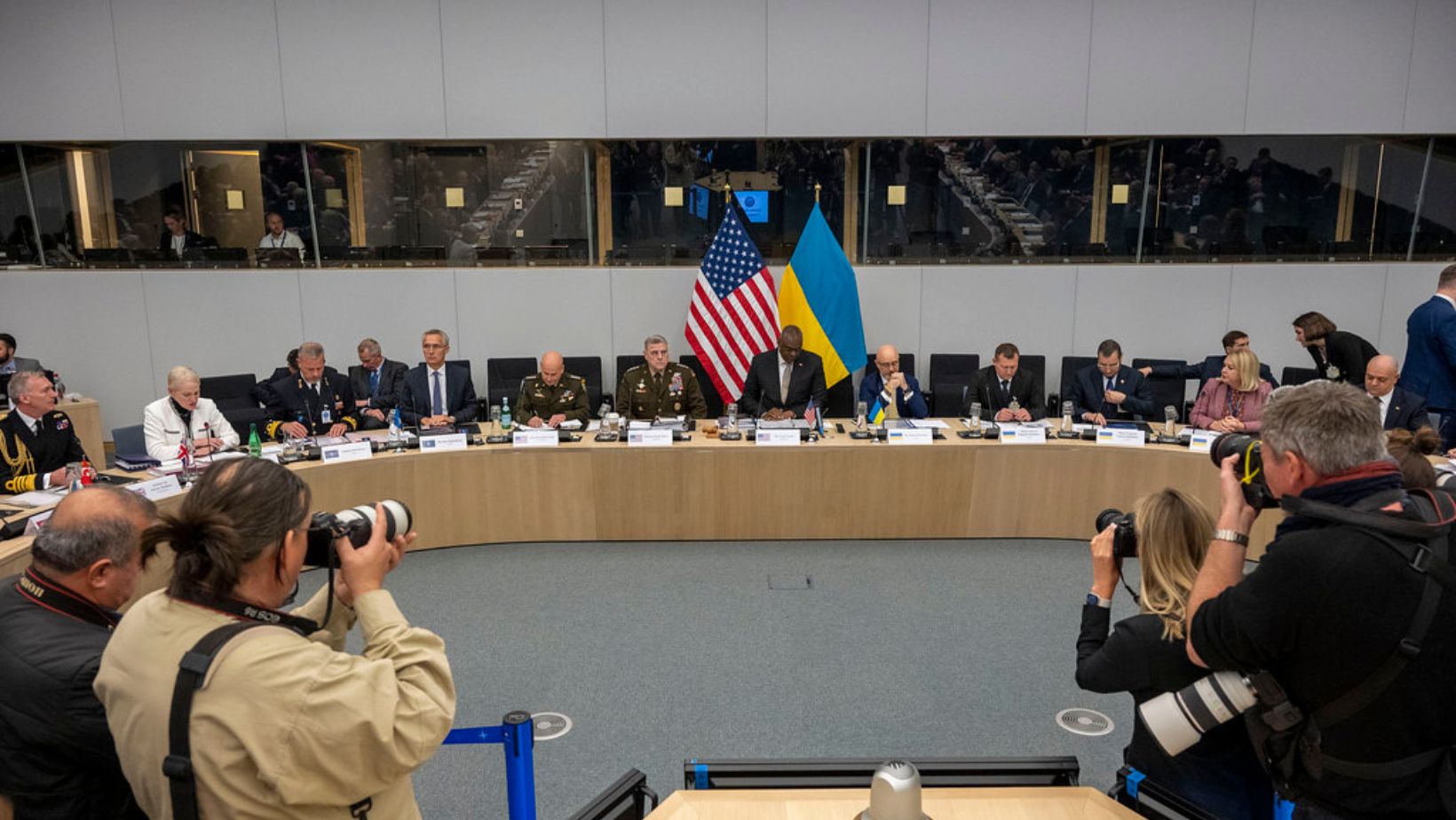 Oftentimes, defence cooperation faces criticism for perceived bias, lack of transparency, and the potential for power asymmetry. Critics argue that large, powerful nations may unduly influence the policies and stance of the cooperation, leading to unequal advantages. For instance, conflicts such as those in the South China Sea have laid bare disagreements and varying perspectives among members.
Oftentimes, defence cooperation faces criticism for perceived bias, lack of transparency, and the potential for power asymmetry. Critics argue that large, powerful nations may unduly influence the policies and stance of the cooperation, leading to unequal advantages. For instance, conflicts such as those in the South China Sea have laid bare disagreements and varying perspectives among members.
In addressing these criticisms, it’s necessary for defence cooperations to double down on efforts promoting transparency and accountability. Greater lucidity in the decision-making process, divulging conflicts of interests, and limiting influence from individual nations can go a long way in dismissing such critiques. For example, adherence to the principle of collective defence, exemplified by NATO’s article 5, underscores that an attack on one is an attack on all, setting a check on individual influence.












